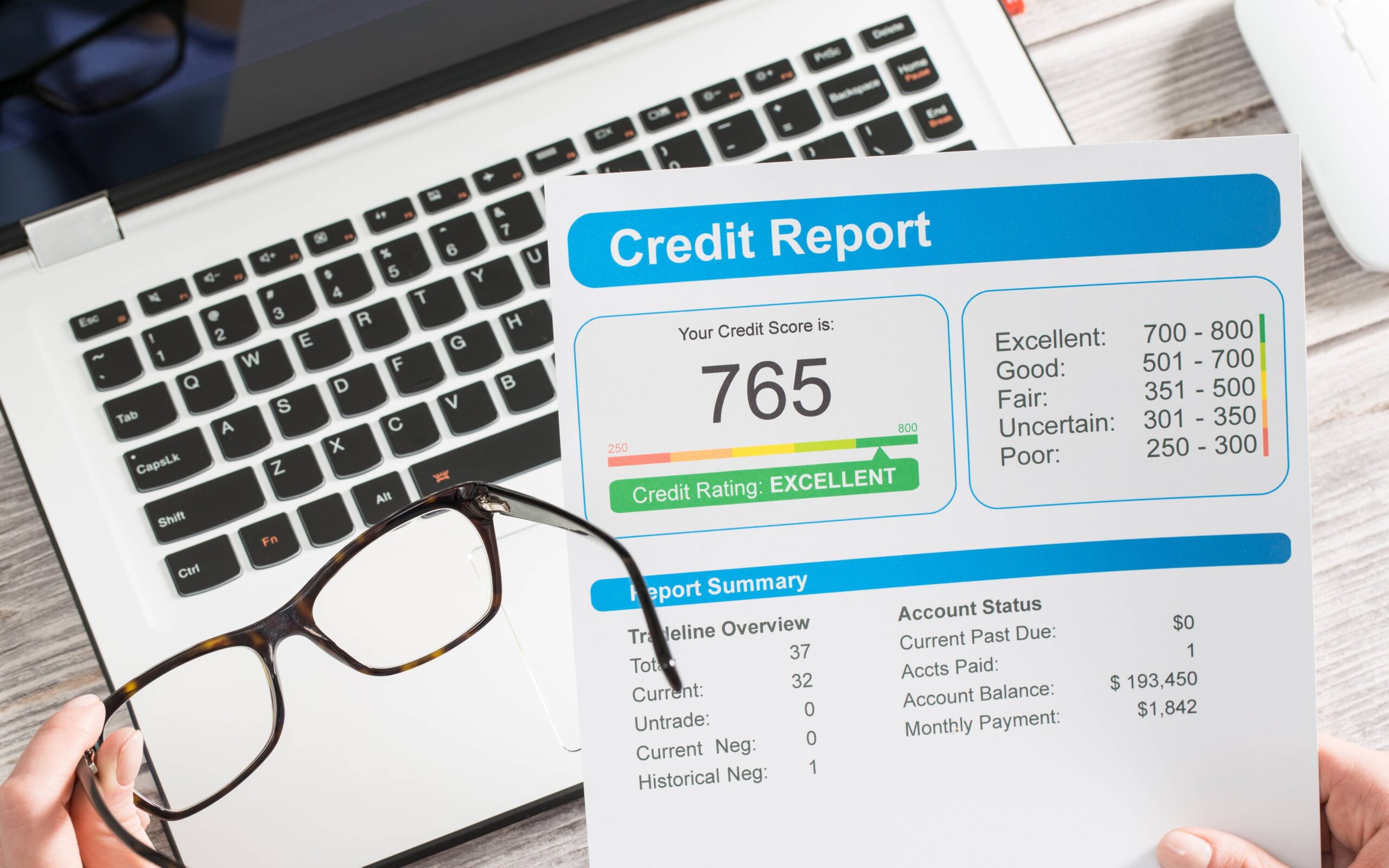Your credit score might just be a three-digit number, but it can have a big impact on your financial life. From renting an apartment to getting approved for a cell phone plan, that little number matters. The good news? You don’t need to be a financial expert to understand it—or improve it. Learn about what affects your credit score and simple steps you can take to build it up over time.
What Is a Credit Score?
Your credit score is a number that represents how likely you are to repay borrowed money. It ranges from 300 to 850, and the higher your score, the better.
✔ Excellent: 800–850
✔ Very Good: 740–799
✔ Good: 670–739
✔ Fair: 580–669
✔ Poor: 300–579
This score is used by landlords, utility companies, and sometimes even employers—not just credit card or loan companies.
💡 Tip: You’re entitled to a free credit report every year from each of the three credit bureaus—get yours at AnnualCreditReport.com.
What Factors Affect Your Credit Score?
Knowing what goes into your score is the first step to improving it. Here’s what matters most:
📌 Payment History (35%)
✔ Do you pay your bills on time? Even one missed payment can hurt your score.
📌 Amounts Owed (30%)
✔ How much of your available credit are you using? Lower is better. Aim to use less than 30% of your credit limits.
📌 Length of Credit History (15%)
✔ The longer you’ve had credit accounts, the better. Keep old accounts open if you’re not using them.
📌 New Credit (10%)
✔ Applying for too many new credit accounts at once can lower your score temporarily.
📌 Credit Mix (10%)
✔ A healthy mix of credit cards, store cards, and utilities or rent payments can help.
💡 Tip: Your rent and utility payments don’t automatically show up on your credit report—but some services can report them for you.
How to Check Your Credit Score for Free
You don’t have to pay to see your credit score. Many banks, apps, and websites offer it for free.
✔ Credit Karma
✔ Credit Sesame
✔ Discover, Capital One, and other banks often offer free credit score tracking to their customers.
💡 Tip: While these free scores may not be the exact one lenders use, they give a reliable estimate.
Steps to Improve Your Credit Score
Improving your score doesn’t happen overnight, but small, consistent steps make a big difference.
✔ Pay All Bills On Time – This is the single most important thing you can do.
✔ Keep Balances Low – Try to use less than 30% of your credit limit on each card.
✔ Don’t Close Old Accounts – Age helps your credit score, so keep older cards open (just don’t carry a balance).
✔ Limit New Applications – Each credit inquiry can lower your score slightly, especially if you apply for multiple cards at once.
✔ Dispute Errors on Your Credit Report – Mistakes happen, and they can hurt your score unfairly. Dispute them online with the credit bureau.
💡 Tip: If you’re just starting out or rebuilding, consider a secured credit card—it requires a deposit, but helps establish a credit history.
How Long Does It Take to See Results?
✔ Small improvements (like paying off a credit card) may show up in a month.
✔ Big changes (like recovering from missed payments) may take 6–12 months or more.
✔ Consistent on-time payments over time are the key to long-term improvement.
💡 Tip: Think of your credit score like a fitness goal—it builds with time, habits, and patience.
Credit Score Myths to Ignore
🚫 Myth 1: Checking your own credit score will lower it.
— Not true! Only “hard inquiries” from lenders affect your score.
🚫 Myth 2: You need to carry a balance to build credit.
— Nope! Paying your balance in full every month is better.
🚫 Myth 3: All credit scores are the same.
— There are different scoring models (like FICO and VantageScore), and they can vary slightly.
Why Your Credit Score Matters—Even Without Loans
Even if you’re not planning to borrow money, your credit score still matters. A good score can help you:
✔ Get approved for an apartment
✔ Avoid deposits for utilities or phones
✔ Qualify for lower insurance premiums
✔ Show financial responsibility to employers (in some cases)
💡 Tip: Think of your credit score as a reflection of how you manage money, not just whether you use credit cards.
Final Thoughts: Build Your Credit with Confidence
Your credit score isn’t something to be afraid of—it’s something you can control. By understanding how it works and building healthy habits, you’ll be in a better position to reach your financial goals. Start small, stay consistent, and check in regularly to see your progress. Over time, those three digits will reflect your smart financial choices.



